Dahari
What We Do
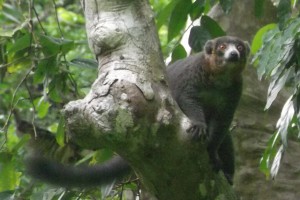
How We Protect Lemurs And Other Wildlife
Since November 2014, Dahari has been undertaking a research project on the Mongoose Lemur (Eulemur mongoz). This project aims to compare the genetic material of the mongoose lemurs of Madagascar and of Anjouan (Comoros) to find out whether the genetic diversity of the two populations is sufficient to ensure the species’ survival.
This initiative – being undertaken in partnership with the Madagascar Biodiversity Partnership and Omaha’s Henry Doorly Zoo and Aquarium and funded by Conservation International, the Primate Action Fund, and the Margot Marsh biodiversity fund – will help determine the best way to target conservation programs for this species. Further research and conservation programs will be identified once this initial research has been completed.
What Lemur Species We Protect
Dahari undertakes habitat protection and ecotourism work in the Moya forest area on the southern island of Anjouan. Here, the organization has been working to protect the Mongoose Lemur (Eulemur mongoz) since November 2014.
How We Support Local Communities

Agricultural work
Since 2008, Dahari has supported over 2500 farmers in nine villages around the Moya forest in the south of Anjouan to improve their agricultural yields and revenues. We propose techniques that restore and maintain fertility to improve yields in the long-term, whilst also making agricultural practices more compatible with forest conservation. We are fortunate to benefit from the technical support of the Centre International pour la Recherche Agronomique pour le Développement (CIRAD) on our rural development work.
Participatory conservation of the Livingstone’s fruit bat
Since September 2014, Dahari has been running a conservation program for the Livingstone fruit bat (Pteropus livingstonii), an endangered species endemic to Anjouan and Moheli islands in the Comoros. The conservation program is implemented in partnership with local communities in order to protect the roost sites of the bat. This is realised by finding solutions that allow the villagers and the Livingstone’s fruit bat to live alongside each other, without the needs of one hindering those of the other.
Supporting communities with water management and reforestation
The Comoros suffered from the highest rate of deforestation in the world between 2000 and 2010 according to UN figures. This has had a huge impact on soil fertility and water availability – 30 of 45 permanent rivers on Anjouan now flow intermittently. Dahari is therefore developing a reforestation program and a water management project in partnership with local communities on the island of Anjouan.
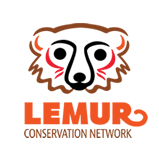
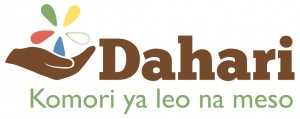
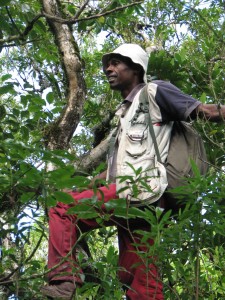
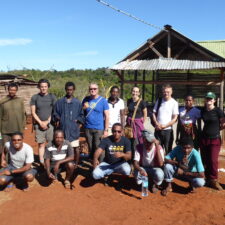
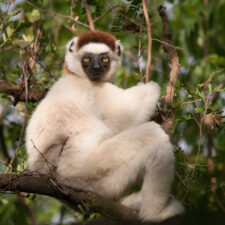
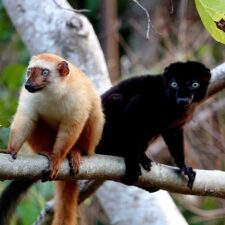
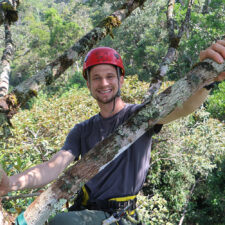
Comments are closed.